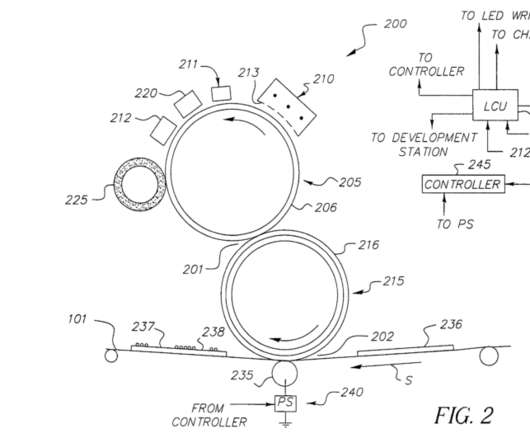Introducing the Trade Secret Case Management Judicial Guide
Patently O
FEBRUARY 17, 2023
Menell* who took on the pro bono task of assembling and managing a fabulous team of leading lawyers to create the Trade Secret Case Management Judicial Guide. The guide will quickly become leading the go-to source as Federal Judges manage their growing trade secrecy caseloads. – D.C.














Let's personalize your content